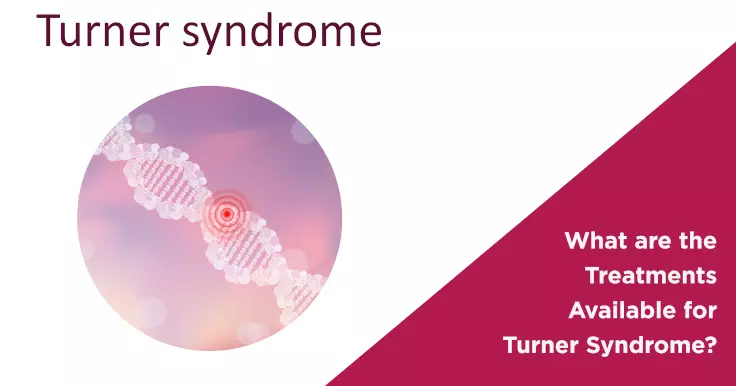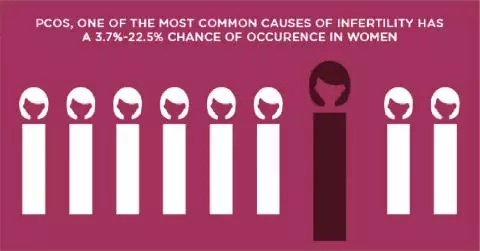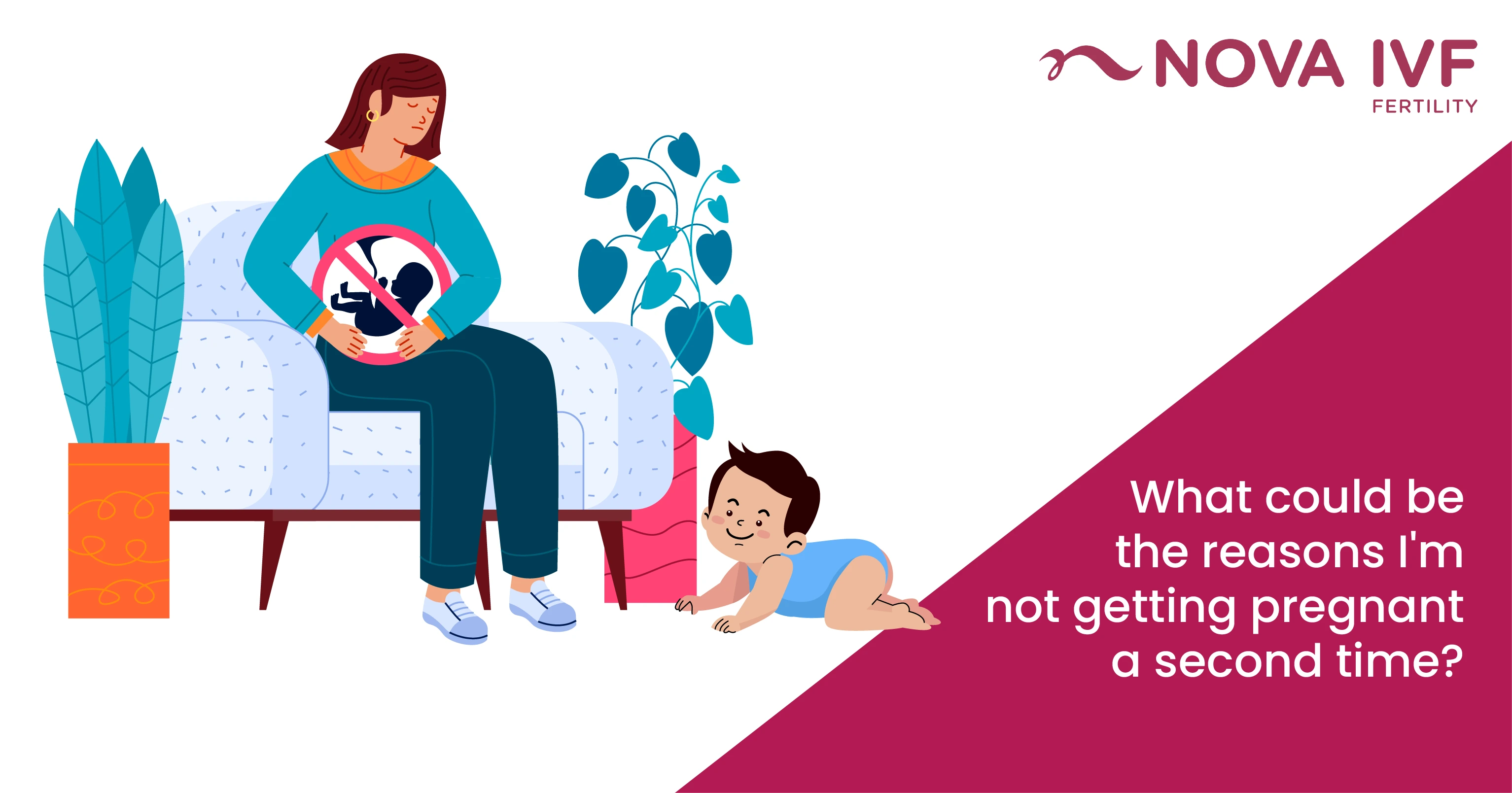Turner Syndrome is caused by the partial or complete absence of one X chromosome. As a result, most women with this syndrome are short and suffer from ovarian insufficiency. Turner syndrome is not life-threatening and with proper medication and regular check-ups, most women lead long, independent lives. However, it cannot be cured.
Turner Syndrome Treatment Option
Treatment for Turner Syndrome must be tailored to each patients symptoms and needs. This is because each patient shows different symptoms and complications. However, there are two types of treatment that are commonly prescribed.
- Growth hormone injection: Since most girls suffering from Turner Syndrome are shorter than the other female members of their family, growth hormone injections may be prescribed to help them gain height. These injections may be given daily or weekly from a girls early childhood to her teenage years. This form of treatment can also help with bone development.
- Estrogen therapy: Signs of sexual development normally seen at puberty are usually missing among girls with Turner Syndrome. Thus, estrogen and other related hormone therapies may be prescribed to bring on puberty. This is usually started when a girl is around 11-12 years old. It helps to increase the size of the uterus and encourages breast development. Estrogen also helps improve bone mineralization and can help boost height. This treatment usually needs to be taken until the woman reaches the average age for menopause.
Fertility Treatment for Turner Syndrome
Most women diagnosed with Turner syndrome are unable to have children naturally. This is because most of these women experience infertility and premature ovarian failure early in their adult years. Thus, most women who want to have children need the help of a donated egg or embryo. It is also important to note that most women with Turner Syndrome have relatively high-risk pregnancies.
 Infertility Counselling
Infertility Counselling Female Infertility Treatment
Female Infertility Treatment Andrology Treatment
Andrology Treatment Fertility Enhancing Surgeries - Female
Fertility Enhancing Surgeries - Female Fertility Enhancing Surgeries - Male
Fertility Enhancing Surgeries - Male Endoscopy Treatment
Endoscopy Treatment IUI Treatment
IUI Treatment IVF Treatment
IVF Treatment ICSI Treatment
ICSI Treatment Advanced IVF Solutions
Advanced IVF Solutions Embryology
Embryology Vitrification Egg, Embryo, Sperm Freezing
Vitrification Egg, Embryo, Sperm Freezing Preimplantation Genetic Testing (PGT)
Preimplantation Genetic Testing (PGT) Donation Program Embryo / Egg / Sperm
Donation Program Embryo / Egg / Sperm Self-cycleTM IVF
Self-cycleTM IVF

 Self-cycleTM IVF
Self-cycleTM IVF











